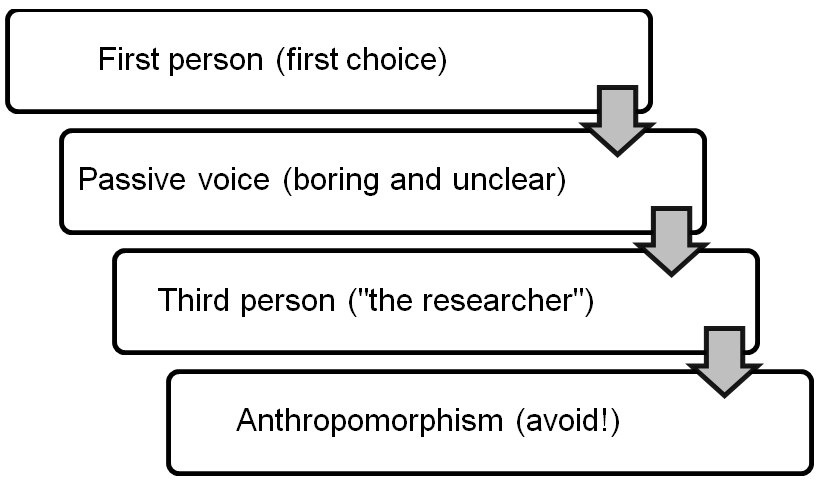Every December I find myself reflecting on what I have accomplished during the year and what I have left undone. I’m coming to understand that tasks undone represent wasted life energy. In fact, these unfinished tasks affect my experience of the world, maybe even the world itself.
What happens when I pursue a goal, start working toward it, but quit before I finish it? The longer I neglect the task, the more the energy it took to start it fades away. Good ideas lose their luster simply because I failed to nurture them. In a way, you could call it money left on the table.
Should we finish everything we start?
Is everything we start worth finishing? I’m trying to figure that out. For example, when I was a teenager, I would start sewing a garment, make a total mess of it, realize the endeavor was hopeless, and consign the pile of abused fabric to the trash in disgust. What might I have learned, what might have I created from the debacle if I had kept working at it, seeking creative ways to turn my mistakes into something useful? Back in the 1970s, fashion trends being that they were, if nothing else, I could have made several pairs of hot pants.
Purposes of higher education
Today I am reflecting on the purposes of higher education. Reasons for attending graduate school must be as varied as the number of graduate students. If I crank up the Wayback Machine to 2005, I remember my reasons for pursuing a doctorate: to earn more money, to increase my employability, and I confess, to gain prestige. At the time, these seemed like valid reasons to embark upon the doctoral journey.
Naturally, over the course of the eight years it took me to earn the Ph.D., my reasons evolved. For instance, it gradually became clear my assumptions that I would earn more money and be more desirable to my employer were unfounded. My employer did not care; indeed, just as I was finishing the degree, my employer laid me off. In addition, after many long hours completing busywork assignments apparently designed to weed out serious doctoral candidates from the looky-loos, my (secret) goal of gaining prestige started looking increasingly ridiculous. I had to find new reasons to continue the doctoral torture, I mean, journey.
Psychic cost of quitting
Eventually I came to understand that abandoning the project before the “phinish line” would have psychic consequences for me, maybe for the world. Here’s one way to think of it: We all contribute something to the world party. I bring cups, you bring plates, we all have our gifts, and together, we create an awesome picnic. What happens if I fail to bring the cups I promised? The picnic isn’t quite so awesome as people try to drink punch off paper plates.
Many people have unfinished doctorates moldering on their metaphorical tables. About half of those who start doctoral programs don’t finish. Everyone who quits before the finish line has his or her unique reasons for abandoning the dream of earning a doctorate, and I’m not judging you. Your reasons are yours. But even now, the world might be missing your contribution. If nothing else, finishing your degree will change you at a cellular level.
Do you still want to finish your doctorate?
What were your reasons for pursuing a doctorate? Do they still make sense to you? I’m guessing some of you still harbor wistful dreams of finishing your doctorate. Some of you secretly yearn to be addressed as Doctor So and So. Some of you still hanker to see your scintillating dissertation in print.
Love your dissertation, or not, but get it done
Here we are careening into a new year. It’s a great time to reflect on our goals, assess our progress, and revise our directions going forward. I’ll go first: I want to create a small publishing empire. There, I said it. I don’t know if I can do it but I know for sure, if I don’t try, I’m certain to fail.
Do you still want that doctorate? What actions would you have to take to move in that direction?
Maybe my book will help you overcome obstacles and get it done.




